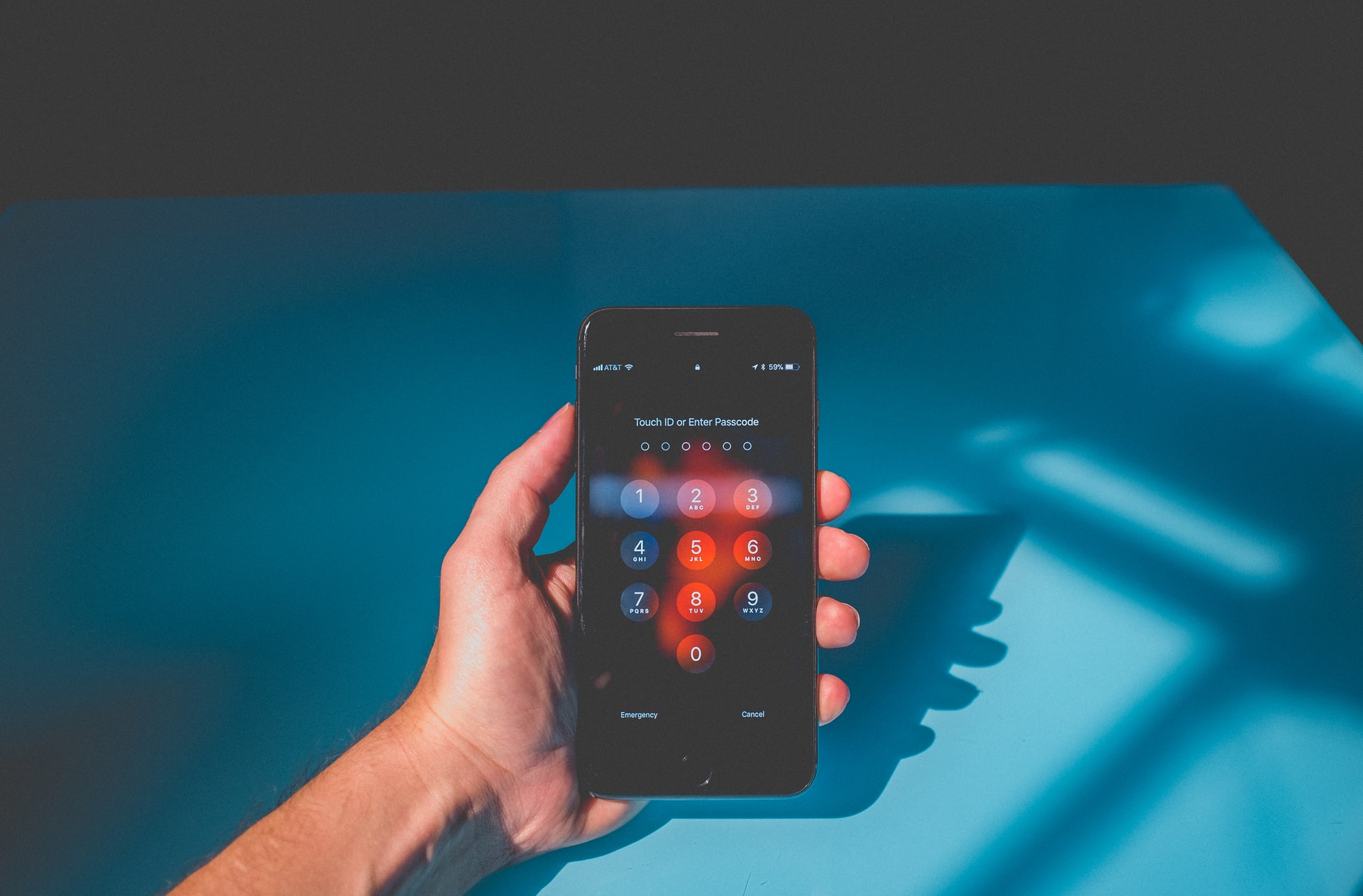Can you really trust the apps on your smartphone? Here are some signs that your phone isn’t your private area any longer.
Smartphones have become ingrained in our everyday lives. But along with the ever-increasing number of these gadgets, the number of malware attacks has also grown. So, this is a good reason why everybody needs to know the signs that they’re favorite device has caught viruses.
Unfortunately, viruses pose a serious danger to smartphones, and there’s no way to tell if an app is tracking you, even if you delete it. No protection is guaranteed in this world of ever-changing technology. An app that’s helpful today could become your worst enemy tomorrow.
Viruses on smartphones can cause problems like:
- Personal data theft
- Enormous phone bills
- Malfunctions of different apps
If the company behind the app is sold, changes its direction, or it’s been compromised, then chances are that you’ll end up being a victim of a data breach. The latest cyberattack happened in August 2021 at T-Mobile – the mobile company reported that many hackers illegally accessed the database and steal customer names, dates of births, addresses, phone numbers, IMSIs, and IMEIs – 5.3 million current customers were victims of cyberattacks.
The company then quickly started to take steps to help protect affected customers and continue to work around the clock on the investigation.
While there’s not much to do to completely protect your data from being stolen, it’s still important to take all the steps to secure it, especially when it comes to using many apps on your phone.
Luckily, there are some methods to identify if a virus has intruded in your device:
- Your devices’ battery gets exhausted much quicker than usual
Modern smartphones have a much powerful battery than their antecedents. Some models can work for up to two days with just a single charge. If you notice that the battery of your phone depletes faster than usual, it may be a sign that your device might be infected with malware. Most viruses don’t make their presence felt, as they function in the background.
That’s why your battery runs out quickly.
- Experiencing disruptions during phone calls
If you often experience dropped phone calls, this should ring the alarm bell! Normally, you might encounter problems with your connection, or your carter. Bad weather is also another cause of experiencing disruptions during your phone calls. But if this repeats time after time, the answer is simple: it might be a virus infiltrated into your phone.
- Experiencing mysterious outgoing calls
If you start to notice that lately, you receive more and more anonymous calls, you should be suspicious about it. Oftentimes, outgoing phone calls or text messages are sent, but surprisingly, not by you. If your friends and family start to receive suspicious messages and phone calls, the chances are that your device is infected with a virus.
How to protect yourself?
- Do not answer any suspicious calls from unknown numbers. Even if you end up picking up the phone, hang up immediately. Hackers will then know your number and keep calling. Let your phone ring until the call ends.
- Sign up to The National Do Not Call Registry – It gives you a chance to not receive telemarketing calls.
- Don’t share your personal information with someone you don’t specifically know. Companies never ask you to share any of your personal information through your phone.
Popular Hacking Techniques Cybercriminals Use
- Phishing
- Man-in-the-Middle Attacks
- Vulnerable Security Patches
- DDoS Attacks
- Bait and Switch
- Password Spraying Attack
- Fake WAP (Wireless Access Point)
- Keylogging
Can an iPhone Be Hacked?
iPhone users, beware! Bitcoin hackers are everywhere, including on social media. iPhone users across the world that use popular apps like Tinder, or Bumble, should be aware of the possibility of being scammed. Many hackers have not only stolen billions of dollars but also gained access to iPhone users across the world. Studies have been made and discovered a Bitcoin wallet containing almost $1.5 million in cryptocurrency, supposedly from victims of scams.
Hackers target people from Asia, to Europe, and the USA. Since billions of people use cryptocurrency as a way to invest money and pay for goods, scammers use fake cryptocurrency apps to gain access to iPhone users’ phones. By using this system, hackers can target larger groups of people, since there are billions of iPhone users across the world.
Aside from stealing money, attackers can also collect personal information, add or remove accounts, and install diverse apps for other malware purposes. A notable report from New York Times revealed how an iPhone can be hacked multiple times over a period of time. So, you should not be surprised if your phone has been attacked many times by the same or more hackers.
The Covid-19 pandemic also experienced a massive spike in network usage from people working remotely, streaming, and social media usage. This increased internet usage has increased cybercrime attacks by as much as 400%. 2020 saw 737 million files broken, as the largest breach was from Estee Lauder with almost 450 million archives maltreated by cybercriminals.
Your mobile is just an entry point for impostors who want to gain access to your data.
Do yourself a favor and learn more about protecting yourself online. Although there will always be risks when being online, you should not have to give up these techniques to protect your privacy. If you do plenty of research, you’ll learn to educate yourself and be able to spot attempts to steal your personal information. Use stronger passwords, be mindful of app permissions, limit your social media exposure, and avoid using public WIFI’s. Although not all apps from App Store or Google Play are 100% reliable and trustworthy, experts still advise you to download only from the official stores, rather than apps. And even so, iPhone devices have been known as being almost impenetrable, most users have been hacked.
Downloading from unofficial websites increases the risk of malware. With enough determination and skill, a cybercriminal can break through the security structures of a device. This way, your email is going to be compromised, password, and other features on your phone. Preparing for cyber-attacks is perhaps the best you could do for yourself. Learn more about the most popular hacking techniques and take the right measures to stay protected.

Aftab Hussain is a versatile journalist who covers a wide range of news topics with depth and precision. His commitment to delivering unbiased reporting ensures that readers stay well-informed about the most significant events and stories shaping India and the world.

